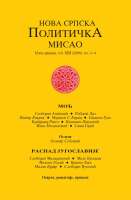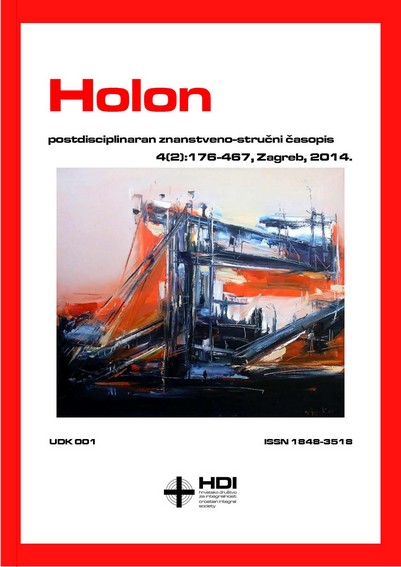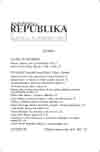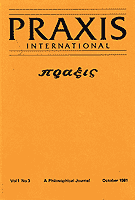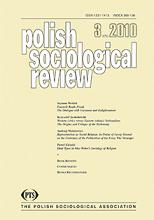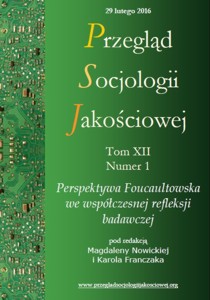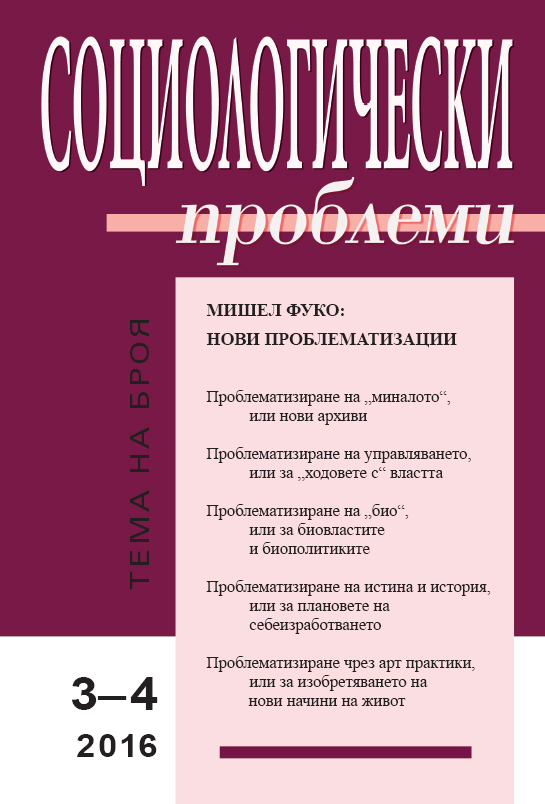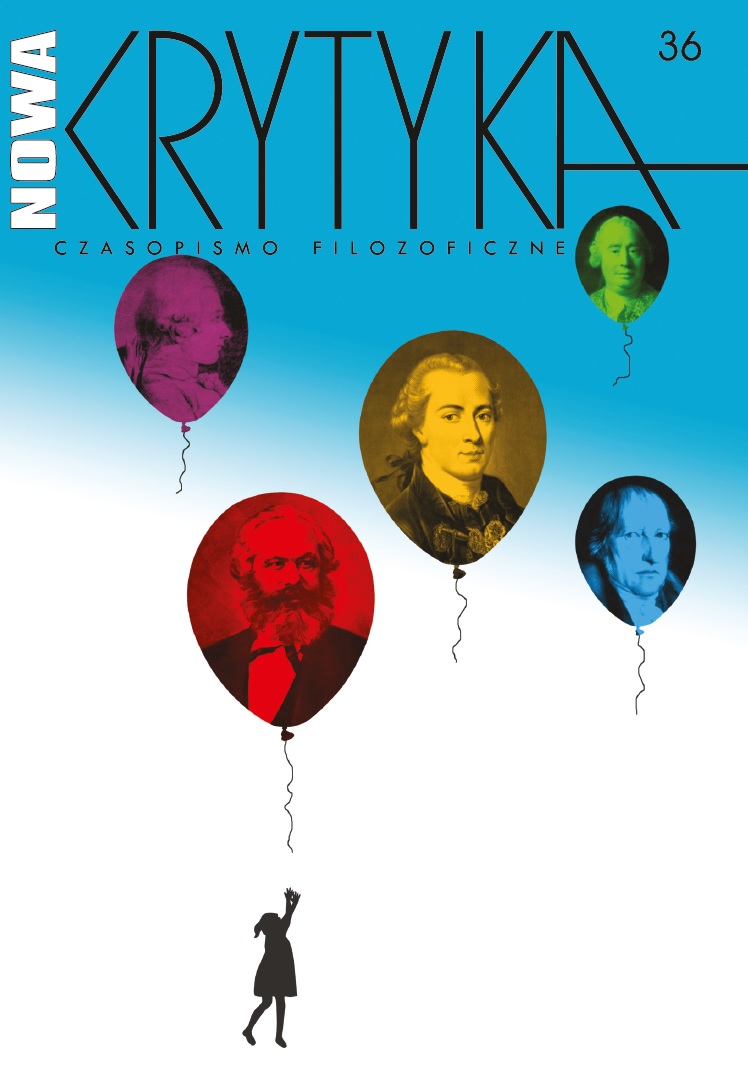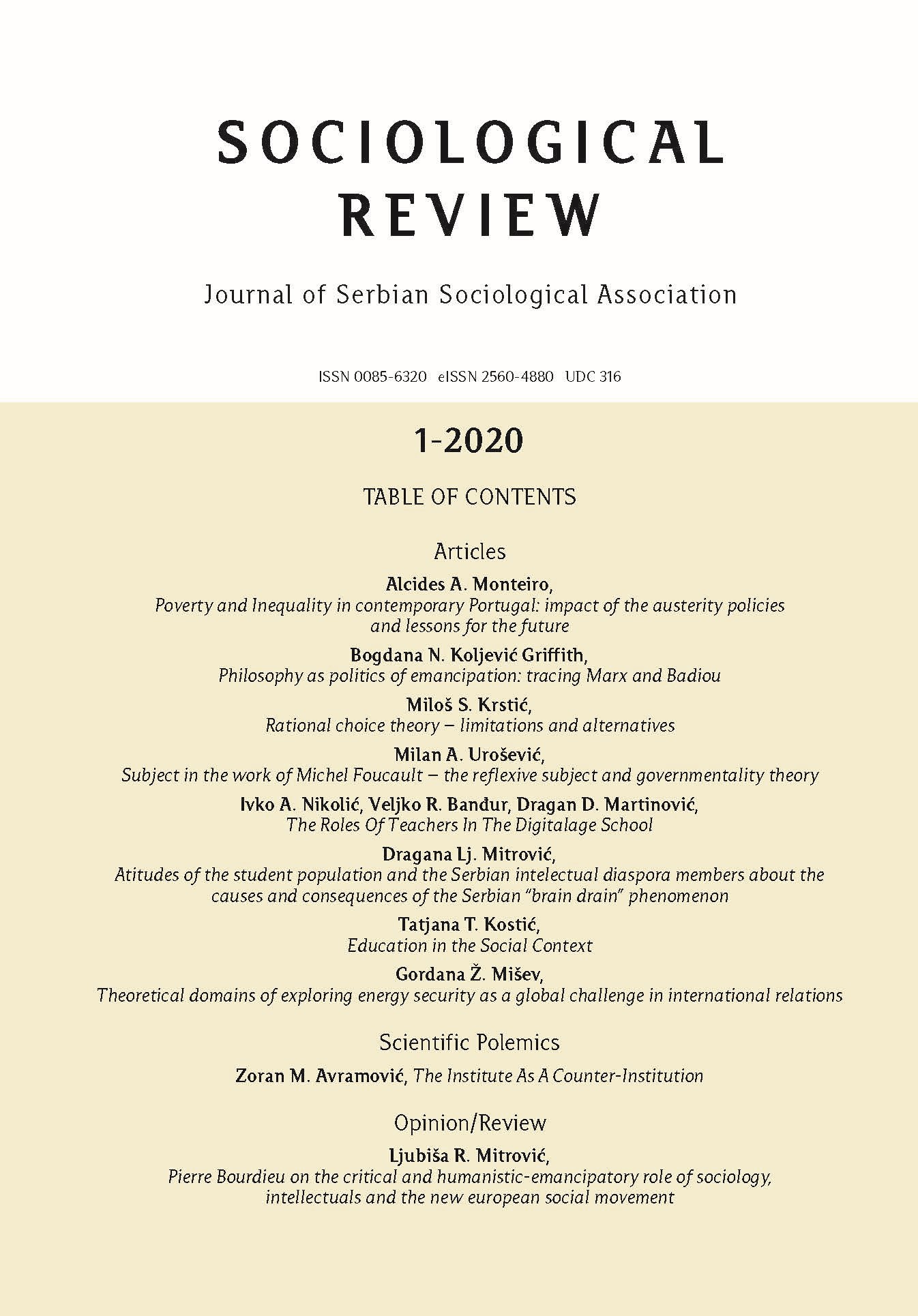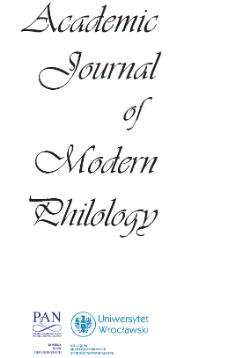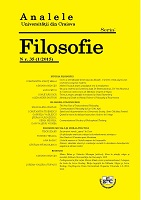
Foucault's political philosophy
Foucaultova politička filozofija
Što se motiva tiče koji me vodio, on je vrlo jednostavan… To je radoznalost – jedina vrsta radoznalosti, u svakom slučaju, koju vrijedi prakticirati s nešto upornosti: ne ona koja teži za asmiliranjem onoga što valja spoznati, već ona koja dopušta da se odljubimo od sebe samih. Što bi vrijedilo navaljivanje spoznavanja ako bi ono jedino osiguravalo stjecanje znanja a ne bi omogućivalo u izvjesnoj mjeri, i koliko je to moguće, gubljenje-lutanje onoga koji spoznaje? Ovi redovi potječu iz predgovora drugom tomu Povijesti seksualnosti pod naslovom Upotreba užitaka. Njih je promuklim glasom izgovarao Gilles Deleuze jednog lipanjskog jutra 1984. godine u dvorištu bolnice Pitié-Salpêtrière. Velikani pariške filozofije tu su se sastali kako bi odali posljednju počast preminulom Michelu Foucaultu.
More...
